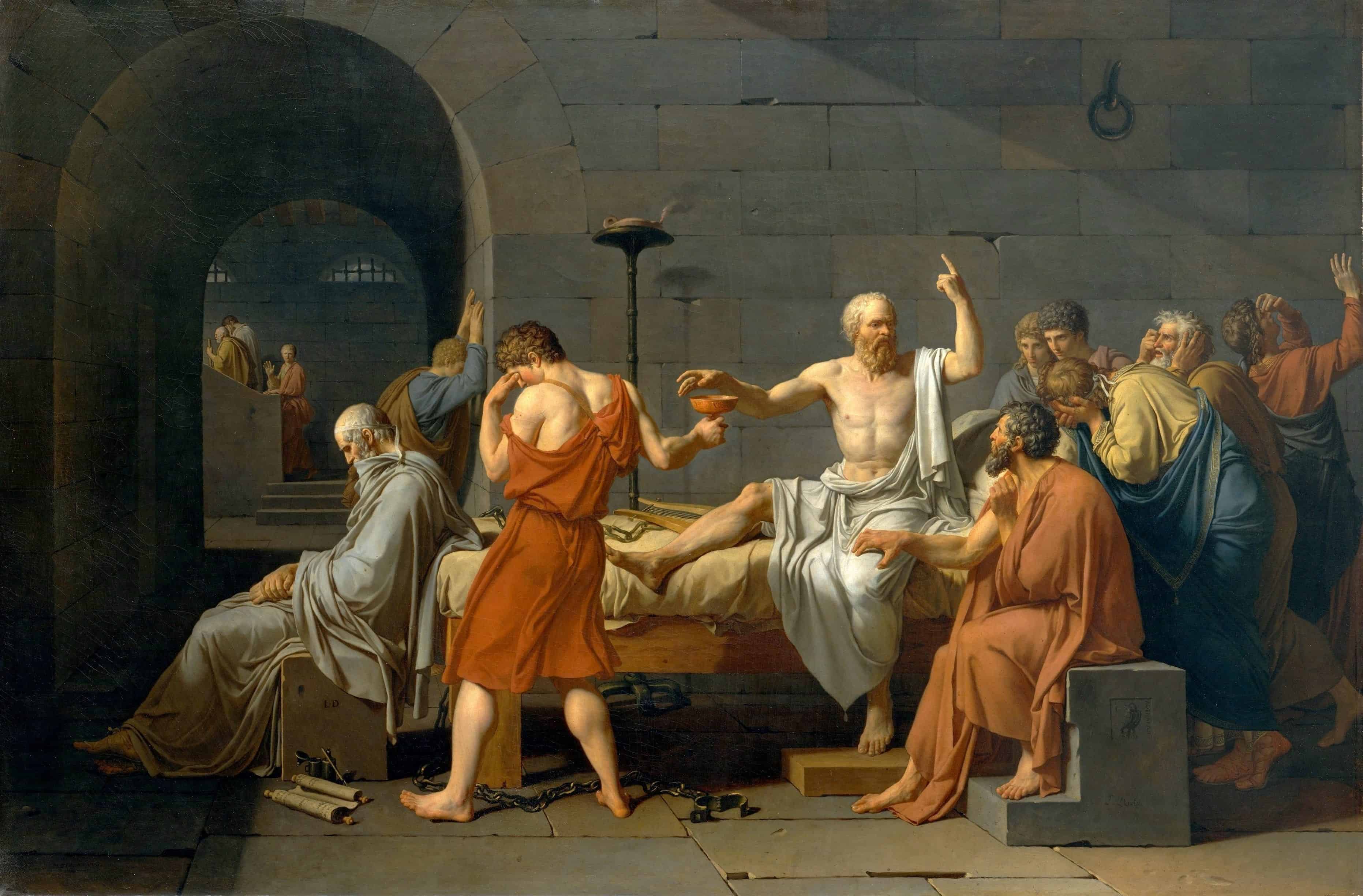Life should be beautiful

To live is a glorious act. Why do we not think so?
Author: Patrick Malone
“There is but one truly serious philosophical problem, and that is suicide. Judging whether life is or is not worth living amounts to answering the fundamental question of philosophy.”
Thusly, French philosopher Albert Camus opens The Myth of Sisyphus. For him, the world is absurd, always frustrating expectations, and the only way to live life is to give it meaning ourselves, knowing that this shall fail. His question comes to mind in the wake of the striking down of the laws against assisted suicide. I answer in the affirmative, and I do so unreservedly. Life is always intrinsically valuable. The question of ‘quality of life’ does not enter into my consideration.
To borrow a phrase from C. S. Lewis’ The Problem of Pain, humanity has, throughout history, found life meaningful, even “in a world without chloroform.” The great philosophies and religions which have guided us gave us meaning that the existence of pain did not defeat; one’s life was of immense value, no matter what. We, however, see pain as defeating that value, instead of, like Camus, imposing our own purpose upon it. That would truly be the ultimate assertion of our human power and will, the pinnacle of our choice: making gratuitous suffering meaningful, redeeming it, asserting the priority of life over pain.
We don’t fight that battle anymore. In the National Post on Feb. 4, 2015, Barbara Kay notes how much Dutch physicians, who are frequently pressured to justify not ending a life, negatively influence the ailing, saying, “In a 2001 interview Dutch physician Joke Groen-Evers noted that, when talking with a terminal patient, she would feel bound to bring up the subject of euthanasia: ‘And nine times out of 10, the patient would return with a request for euthanasia.’ Finding herself more comfortable suggesting palliative care, she stopped using the ‘E-word.’ ‘And what do you know? Almost no one asks for it anymore! … If you mention euthanasia, they will ask for it. If you mention palliative care, then that is what they will choose.’”
Self-determination is thus deferred to social pressure and whatever the doctor suggests. If the access to palliative care remains abysmal, or the doctors have not the language to speak to ailing patients about death, especially in combination with the sensibility that suicide is the default, then there will be only one realistic option presented.
Of course, it’s been a while since life was intrinsically valuable in this country. We refuse to seriously entertain the idea of, for example, affirming the worth of those with Down Syndrome, the vast majority of whom are aborted because of the perception that somebody’s quality of life will diminish. But, we do have the nerve to proclaim that calling these vulnerable “retarded” is an offense against their dignity. At least we protect them from that much.
There are no persons anymore; rather, there are economic contributors. Worth is determined by what the unit contributes to and produces for a social group. If the group has to expend more to care for the unit than the unit can reimburse, the unit is dispensable. When all of the units are being thrown out, it becomes the unit’s duty to join the trash heap. ‘Quality of life’ is the luxury of a decadent West drowning in chloroform. Instead of fighting for life, we assiduously measure how good it is, as befits our materialism. However, the correct thinking is not about how good life is, but that it is good.









